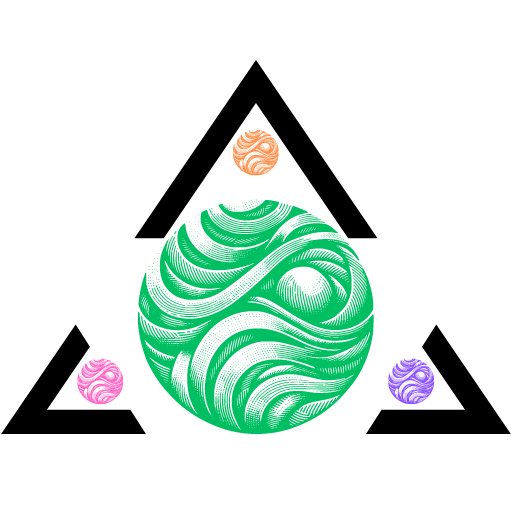The philosophy of language is a fascinating field that delves into the nature, origins, and use of language. It intersects with various disciplines including linguistics, psychology, and cognitive science. This exploration into the philosophy of language unveils the profound complexities of human communication, raising questions about meaning, interpretation, and the relationship between language and reality.

Understanding the Philosophy of Language
The philosophy of language investigates the ways in which words and sentences express meaning. It is concerned with the relationship between language, language users, and the world. Philosophers in this field analyze the structure of language and its function in communication, exploring topics such as meaning, reference, truth, and context.
Key Concepts in the Philosophy of Language
1. Meaning
Meaning is central to the philosophy of language. Philosophers seek to understand what it means for words and sentences to have meaning. One influential approach is the semantic theory of meaning, which considers meaning to be the relationship between words and the objects or concepts they refer to.
2. Reference
Reference is closely related to meaning. It is about how words or phrases relate to the objects they denote. The theory of reference examines how language users can refer to the same object using different words and how context influences reference.

3. Truth
Truth is another critical concept in the philosophy of language. Philosophers explore the nature of truth and how it is expressed through language. The correspondence theory of truth posits that statements are true if they correspond to facts or reality, while the coherence theory of truth suggests that truth is a matter of coherence within a set of beliefs or propositions.
4. Context
Context plays a significant role in language interpretation. The meaning of words and sentences can change depending on the context in which they are used. This leads to the study of pragmatics, which examines how context influences the interpretation of language.
Historical Perspectives
The philosophy of language has evolved significantly over time. Early contributions from philosophers like Plato and Aristotle laid the groundwork for understanding language. Plato’s Theory of Forms suggested that words are merely representations of ideal forms, while Aristotle’s Organon explored logic and the relationship between language and reality.

In the 20th century, the philosophy of language underwent substantial development with the work of philosophers like Ludwig Wittgenstein, Bertrand Russell, and Noam Chomsky. Wittgenstein’s later work, particularly his book “Philosophical Investigations,” emphasized the idea that meaning is derived from language use within specific forms of life, a concept known as language games.
Major Theories in the Philosophy of Language
1. The Speech Act Theory
Developed by J.L. Austin and later expanded by John Searle, the speech act theory posits that language is not only used to convey information but also to perform actions. For example, making a promise, issuing a command, or asking a question are all actions performed through language.
2. The Theory of Descriptions
Bertrand Russell introduced the theory of descriptions to resolve problems related to reference. According to this theory, definite descriptions (phrases like “the current king of France”) do not refer to objects directly but instead express a set of properties that an object would satisfy if it existed.
3. The Theory of Meaning
Gottlob Frege and Saul Kripke made significant contributions to the theory of meaning. Frege distinguished between sense (the mode of presentation of a referent) and reference (the actual object referred to). Kripke, on the other hand, argued for the causal theory of reference, suggesting that names are linked to objects through a causal chain of communication.

Contemporary Issues in the Philosophy of Language
The philosophy of language continues to evolve, addressing contemporary issues such as:
1. The Nature of Meaning
Debates about the nature of meaning are ongoing. Some philosophers advocate for a naturalistic approach, viewing meaning as grounded in natural properties and processes, while others support intentionalist theories, emphasizing the role of speakers’ intentions in determining meaning.
2. The Relationship Between Language and Thought
The relationship between language and thought is a significant area of inquiry. The Sapir-Whorf hypothesis suggests that language shapes thought and perception, while others argue that thought can exist independently of language.

3. The Evolution of Language
Understanding how language evolved is another critical issue. Researchers explore the biological, cognitive, and social factors that contributed to the development of language in humans.
4. The Impact of Technology
The advent of technology, particularly artificial intelligence and natural language processing, raises new questions about the philosophy of language. How do machines interpret language? Can they truly understand meaning and context? These questions push the boundaries of traditional philosophy of language.
Conclusion
The philosophy of language is a dynamic and multifaceted field that offers profound insights into human communication. By exploring concepts such as meaning, reference, truth, and context, philosophers seek to unravel the complexities of language and its role in shaping our understanding of the world. As language continues to evolve and technology advances, the philosophy of language remains a crucial area of study, addressing timeless questions and contemporary challenges alike. Understanding the philosophy of language not only enriches our comprehension of communication but also enhances our appreciation of the intricate ways in which language connects us to each other and the world around us.












